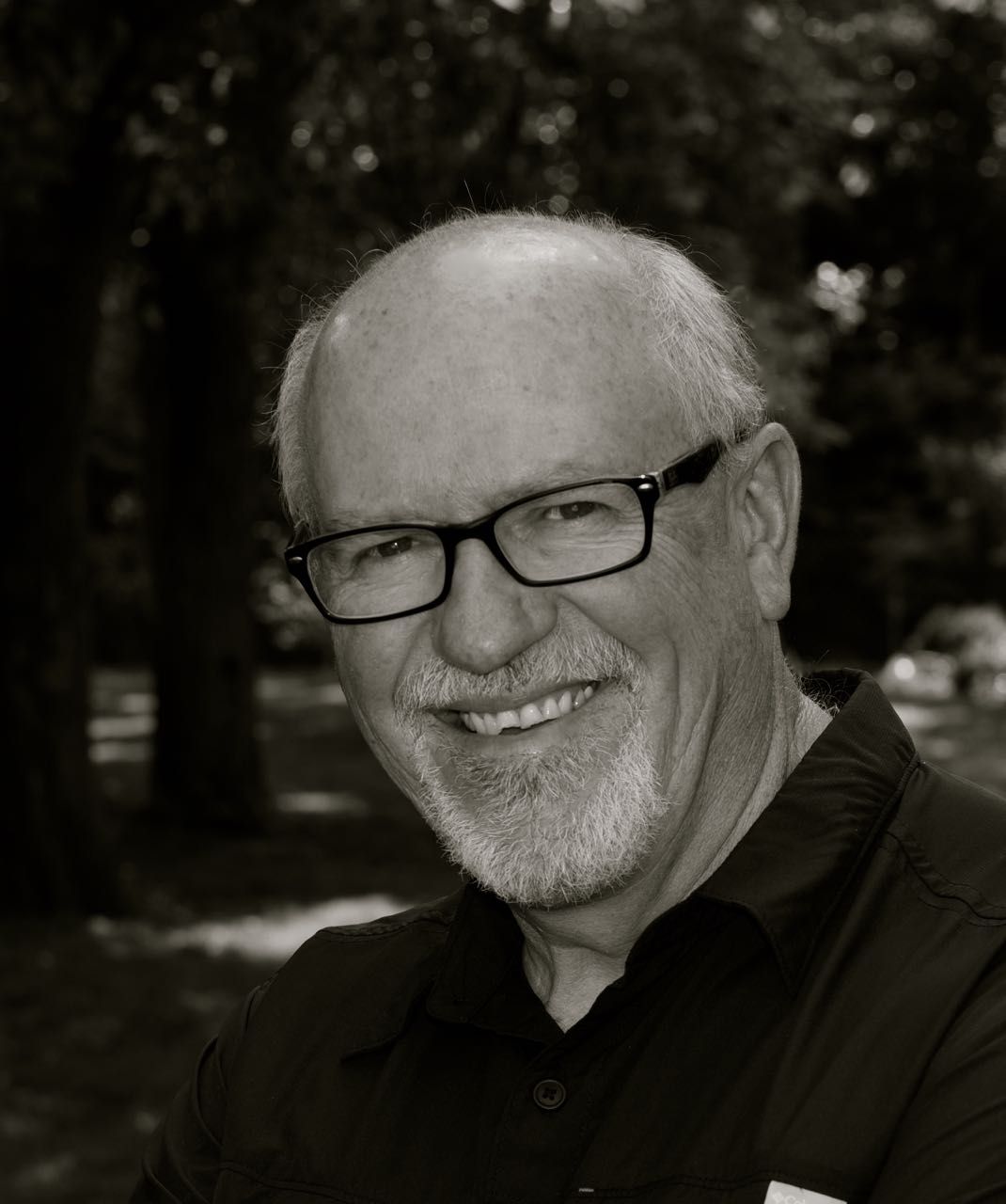The withered, toothless old man still had a sparkle in his cataract-covered eyes. Shaking my hand for the umpteenth time, he mumbled, “Hakuna Matata.” It was delightful.
I spent a lot of time singing Lion King songs while in Tanzania. There was a rousing bus chorus of “The Lion Sleeps Tonight” with lots of “Wimoweh, wimoweh, wimoweh, wimoweh, Wimoweh, wimoweh, wimoweh, Ee-e-e-um-um-a-weh, Ee-e-e-um-um-a-weh.”
I whistled “The Circle of Life,” and hummed “I Just Can’t Wait to be King.”
And, of course, I sang, “It’s a problem free, philosophy, Hakuna Matata.”
I didn’t realize how many songs from the Lion King I could repeat. Apparently, I paid a more attention with my kids than I thought. And, of course, seeing it on Broadway in New York City is one of my favorite memories.
Therefore, I was delighted when I heard the old man use the phrase Hakuna Matata in a sentence as if it were an everyday phrase and not just quoting some goofy little cartoon character.
Hakuna Matata is Swahili for “no worries.” Swahili is a common language over all of Africa and has a melodic ring as it cascades off people’s lips.
My heart is remodeled each time I go to a developing country. As I get to know incredibly impoverished people who often own only the clothes they are wearing, the structural design of my soul is rearranged. Walls get torn out, furniture is moved, and more permanent fixtures replace useless ones. Those who spend each day on the never-ending hunt for enough food to keep them from starving and drink dirty water out of puddles inspire and humble me. Especially when they start laughing, singing, and dancing. How can you be happy when you have nothing? I think they have something to teach me.
I ask myself what would my day look like if:
- I awakened wondering if I would eat
- I spent the day wondered if I would feed my children.
- I had to beg in order to survive
- I needed the charity of others in order to live
After I meet people who are starving and I touch their skin and smell their breath, I find myself with far less worries. .
Our attitude in life is a matter of how we see things. Our power to interpret our own situation is something no one can ever take from us.
On my early forays into third world countries (actually, we call the “developing countries now), I would return home frustrated with the inequities of life. I realize the biggest difference between me and the poor person living in a hut has to do with a choice neither one of us made: where we were born. However, I’ve learned to use the negative things I experience to create positive energy to fix what’s broken.
Something mysterious- and very good- happens inside of me after visiting a country where people struggle to live:
- I worry far less than when I left on the trip
- My “thankfulness quotient” operates at maximum capacity
- New lights illuminate solutions to old problems
- I have little toleration for whining in myself or others
- My purpose in life to feed hungry people is renewed and invigorated
One of my most oft-repeated mantras to put life in perspective is, “At least I can feed my babies today.”
But I think I’ll replace it.
Hakuna Matata.

